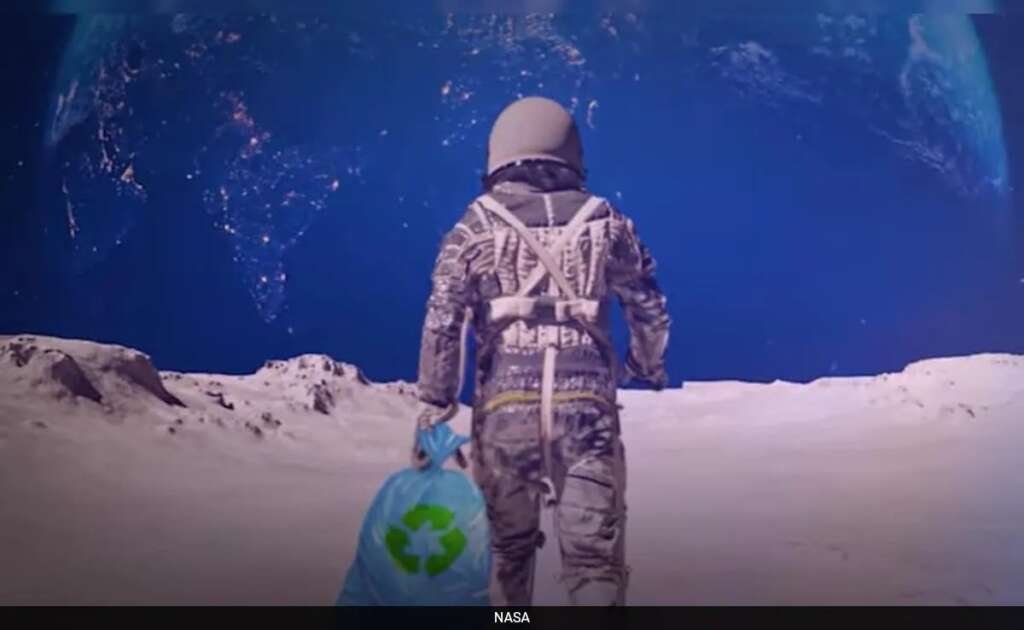
NASA has launched the $3 million LunaRecycle Challenge, inviting innovators worldwide to tackle a unique and critical space exploration hurdle: transforming human waste into usable resources. The agency is seeking groundbreaking technologies capable of efficiently recycling feces, urine, and vomit during lunar missions or prolonged space travel. This call for innovation is not just about waste management—it’s about sustainability in space, pushing the boundaries of what’s possible beyond Earth. With long-term human presence on the Moon in sight, NASA is turning to creative minds to help close the loop in life-support systems, ensuring astronauts can thrive in extreme, isolated environments.
Did you know that 96 bags of human waste from the historic Apollo missions still remain scattered across the moon’s surface? As humanity sets its sights on sustainable lunar exploration and long-term settlements beyond Earth, there’s a growing need for innovative solutions to manage biological waste without contributing to the clutter in space. This challenge invites forward-thinking minds to pioneer eco-responsible methods of waste disposal that align with the future of clean and conscious space travel. The most promising proposal will shape the waste management systems of upcoming missions and support the foundation of enduring lunar outposts.

NASA has reaffirmed its dedication to advancing sustainable space exploration, emphasizing the importance of responsible waste management as we look ahead to future human missions beyond Earth. In preparation for long-duration space travel, NASA is proactively exploring innovative strategies to reduce, manage, and recycle various forms of waste—particularly solid waste—within the confines of a space environment. The goal is to develop efficient systems that not only minimize the amount of waste generated but also enable its storage, processing, and repurposing onboard, ultimately eliminating the need to transport waste back to Earth.
“This challenge has the potential to revolutionize how we approach recycling on Earth by sparking innovative thinking, fostering more efficient systems, and minimizing environmental harm. It encourages the development of groundbreaking methods and scalable technologies that not only enhance recycling processes but also empower local communities worldwide with sustainable, low-impact solutions.”
NASA is currently evaluating the initial batch of proposals submitted for its latest innovation challenge, carefully selecting the most promising concepts to advance to the next stage of the competition. This prestigious initiative aims to spotlight groundbreaking ideas, with the top-performing team set to receive a grand prize of $3 million in recognition of their visionary contribution to space exploration and technology.


